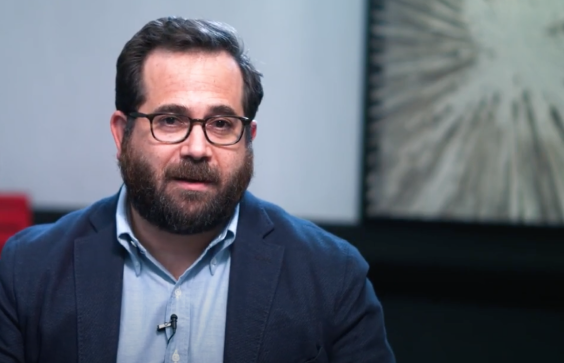

Aligning patient care with personal risk
Jay Yepuri, MD, FACG has a great view of the gastroenterology landscape. He is a practicing gastroenterologist in the Dallas/Fort Worth area as well as the current ACG Governor for Texas, Vice Chairman of the Clinical Governance Board for GI Alliance, and a member of the Physician Executive Board for GI Alliance.
For patients with Barrett’s esophagus (BE), Dr. Yepuri is a proponent of using endoscopic eradication therapies (EET) for those with a high risk of progression to esophageal cancer. However, those therapies have a small risk of adverse events, so it is important to determine which patients can benefit most from EET to prevent esophageal cancer.
“The strength TissueCypher offers is the ability to determine, ‘Is it worth putting this patient through the risk of EET, or are we able to do the right thing for the patient by de-escalating from EET to standard surveillance based on guidelines?’”
Dr. Yepuri shared a few cases with us to show how he is leveraging the objective data provided by TissueCypher to make risk-aligned management decisions for patients with Barrett's esophagus.
.jpg)

See Dr. Yepuri's TissueCypher case studies
The strength TissueCypher offers is the ability to determine, ‘Is it worth putting this patient through the risk of EET, or are we able to do the right thing for the patient by de-escalating from EET to standard surveillance based on guidelines?'"
Jay Yepuri, MD, FACG


